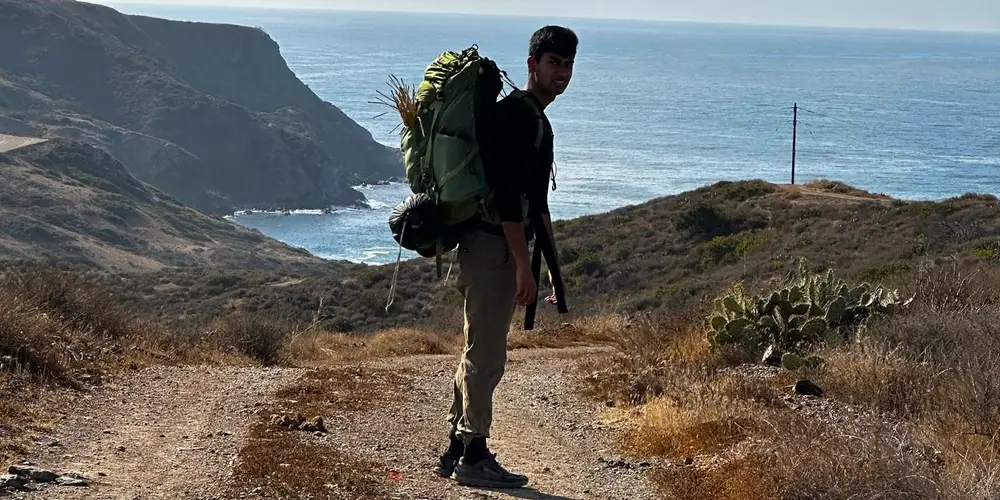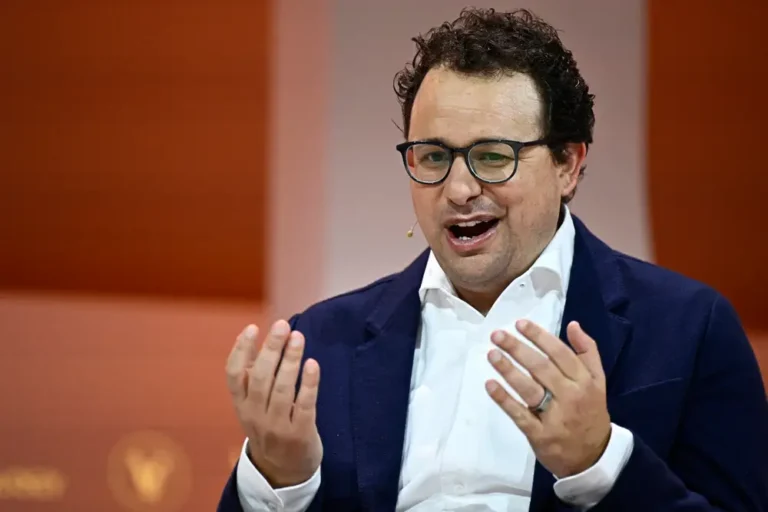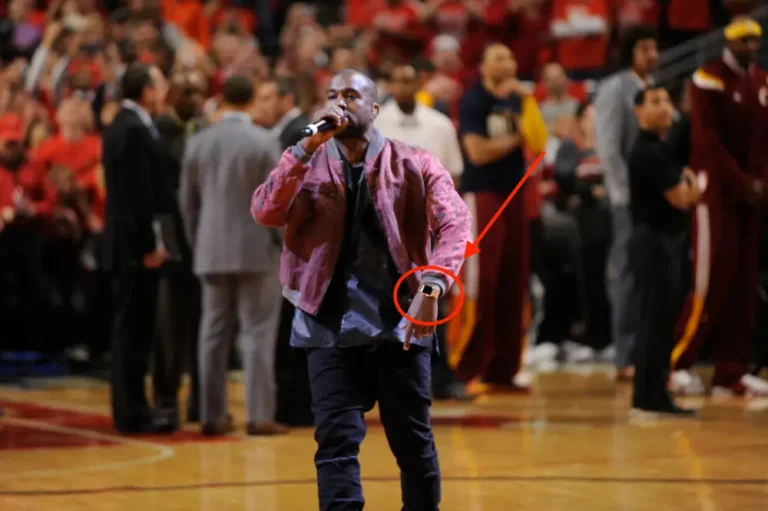Friends and former colleagues recall OpenAI whistleblower as ‘one of the true geniuses’

Suchir Balaji, a former OpenAI researcher, was described by friends and colleagues as a brilliant individual with a sense of humor.
Longtime friends and former colleagues gathered at a private memorial service at the India Community Center in Silicon Valley on Saturday to remember Suchir Balaji, who many said was an intelligent but humble individual with impressive technical prowess.
“He was the sharpest person I ever met,” Aayush Gupta, who interned with Balaji at Scale.AI in 2019, told B-17, adding that he was an “independent thinker.” In his speech to the assembled crowd, Gupta said Balaji “seemed like he was entirely self-taught.”
That brilliance didn’t go unnoticed at OpenAI, where the 26-year-old Balaji worked for nearly four years before he left the company in August and later accused his employer of violating copyright law.
Tarun Gogineni, a research scientist at OpenAI since 2022, told B-17 that he often bounced ideas about artificial general intelligence with Balaji and that his colleague was a “contrarian thinker” who could be seen getting into long debates on Slack and expressing his opinion.
“He was one of the true geniuses at OpenAI,” Gogineni said.
Gogineni recalled how Balaji worked with key figures at OpenAI, including cofounders Ilya Sutskever and John Schulman, to help launch WebGPT. Gogineni described the project as “in all meaningful ways, a spiritual predecessor” to ChatGPT.
“He worked closely with Ilya and John Schulman and some of the top people at OpenAI to come up with new algorithms for post-training,” Gogineni said, referring to the process of fine-tuning an AI model after its initial training.
After Balaji’s death, which authorities have ruled a suicide, Schulman wrote in a social media post that Balaji was “one of the three lead contributors” to the WebGPT project.
“I worked with Suchir on and off since around 2021, and he was one of my favorite and most talented collaborators,” Schulman wrote.
Sutskever and Schulman left OpenAI in May and August, respectively.
They did not respond to a request for comment.
Balaji goes public on OpenAI
Two months after Balaji left OpenAI, The New York Times published a profile in which the researcher said his employer violated copyright law to train ChatGPT.
OpenAI has denied the accusation.
In a statement, an OpenAI spokesperson said the company was “devastated to learn of Balaji’s death” and that “our hearts go out to Suchir’s loved ones during this difficult time.”
Gogineni said he was surprised to read about Balaji’s concerns. In the nearly two years he overlapped with Balaji at OpenAI, Gogineni said he never recalled his coworker bringing up concerns about copyright violation.
“It was very surprising,” Gogineni said. “I mean, I can’t claim I was best friends with him. He was a work friend. But I had never ever seen him express any concern about copyright.”

Friends and Balaji’s parents described Balaji as an independent person.
Will Gan, who had known Balaji since ninth grade and also attended the University of California, Berkeley, told B-17 that Balaji usually maintained a sense of humor.
If he ever shared concerns about AI, Gan said Balaji would always be “super jokey” and lighthearted.
“If you ever followed ‘Dune,’ how they’ve outlawed machines in that universe, that’s what he would joke about that he’d want,” Gan said.
In serious matters in his life, however, Gan said Balaji could be reserved.
“I feel like, for example, if he had something serious going on at work or otherwise, he might not necessarily share that openly,” Gan said. “I think that was just part of who he was to some extent.”
Gan said he never talked to Balaji about his plans to speak with a New York Times reporter.
“He just told us at some point before the article released that he was going to do this, and we were hyping him up and stuff like that,” Gan said. “It wasn’t like we were discussing, ‘Oh shit, what are the ramifications’ and stuff like that.”
Balaji’s mom, Poornima Ramarao, previously told B-17 that she scolded her son for talking with a reporter and doing it so publicly without remaining anonymous. Ramarao said she is working with an attorney to try to get the SF police to further investigate Balaji’s death.
Balaji also had plans to provide documents to The New York Times Co. for its copyright lawsuit against OpenAI, court filings showed. His name appeared in a letter from the Times’ attorney on November 18.
Gan said he last saw Balaji during a weeklong trip to Catalina Island on November 22. Authorities found Balaji’s body on November 26.
“We were all together in Catalina,” Gan said of the trip. “And he seemed fine on that day.”






